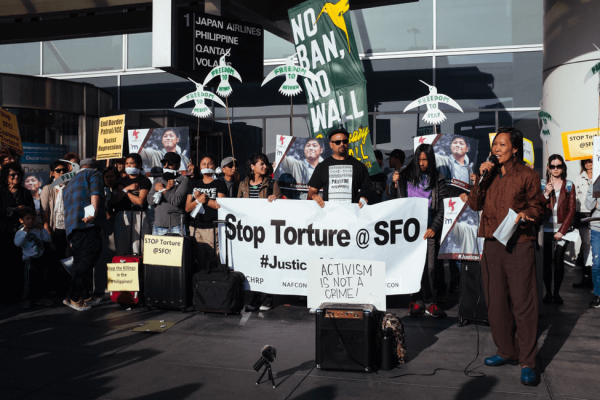Apr 25, 2018
For a country that so often claims to purport liberty and democracy, the displacement of 400,000 people in Marawi and the 20,000 killings under Duterte’s drug war should concern the United States. But in the treatment of Jerome Aba, U.S. Customs and Border Protection agents enacted an ideology of scarcity, Islamaphobia, and “America First.” It is an ideology that carries international U.S. military intervention and control as the key to safety. And as a Muslim and peace advocate, Aba was a threat to that and treated as an “enemy combatant”.
Read the Full Article

Already a subscriber? Login
